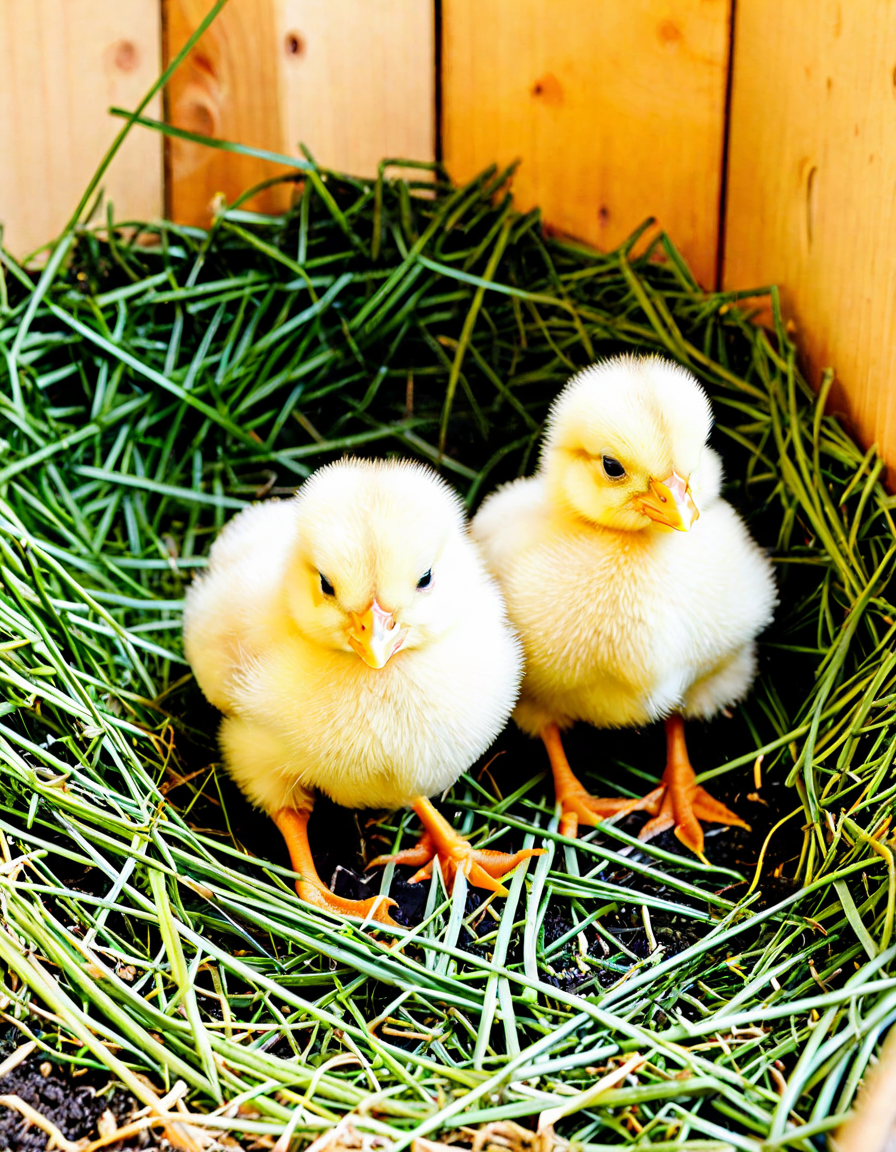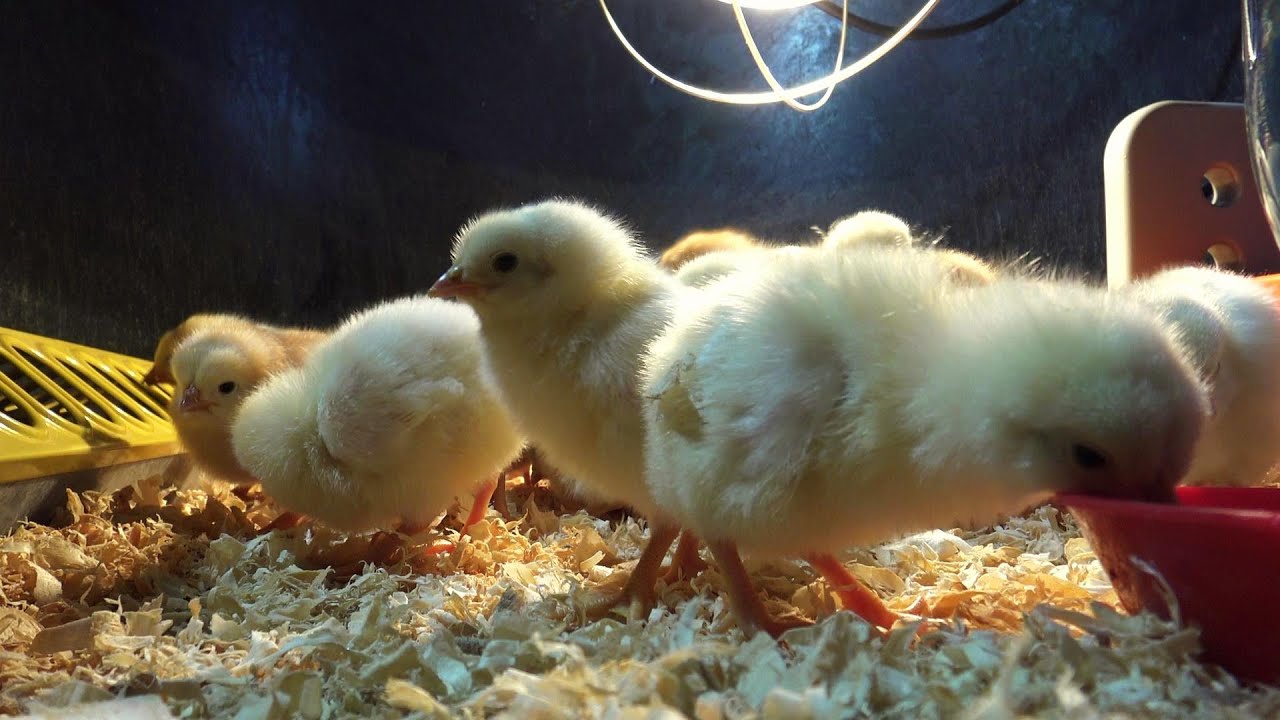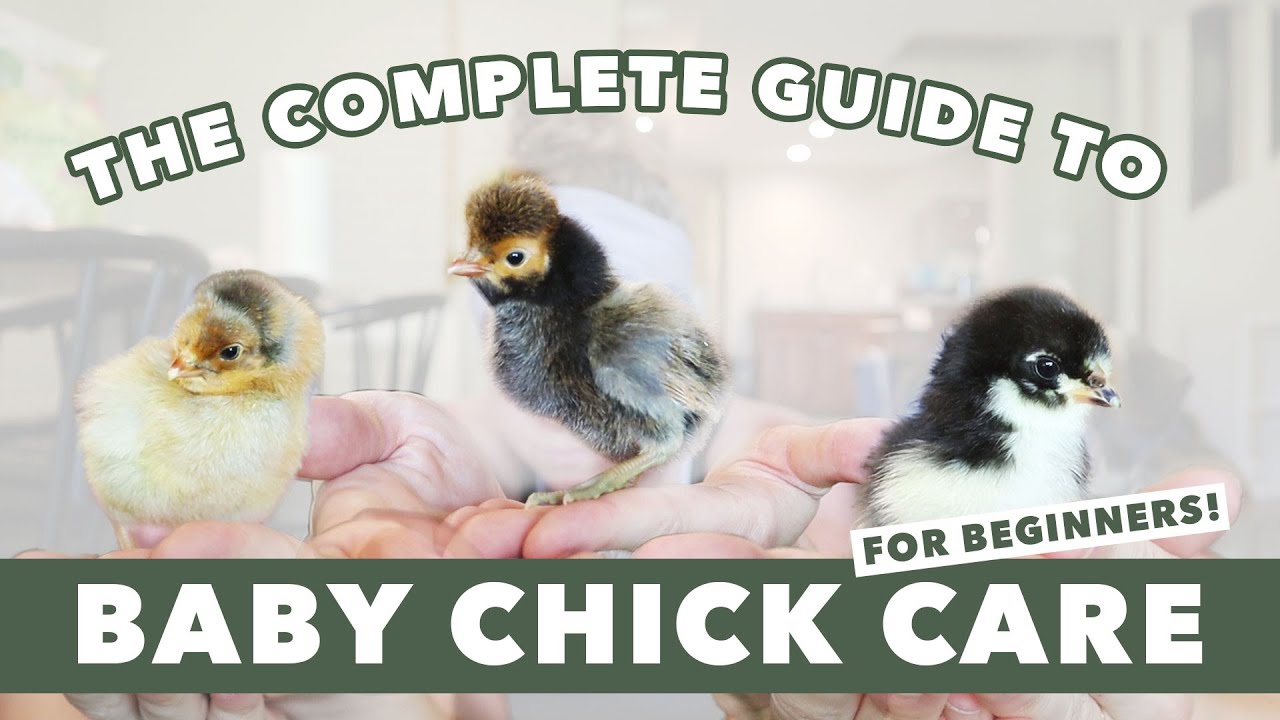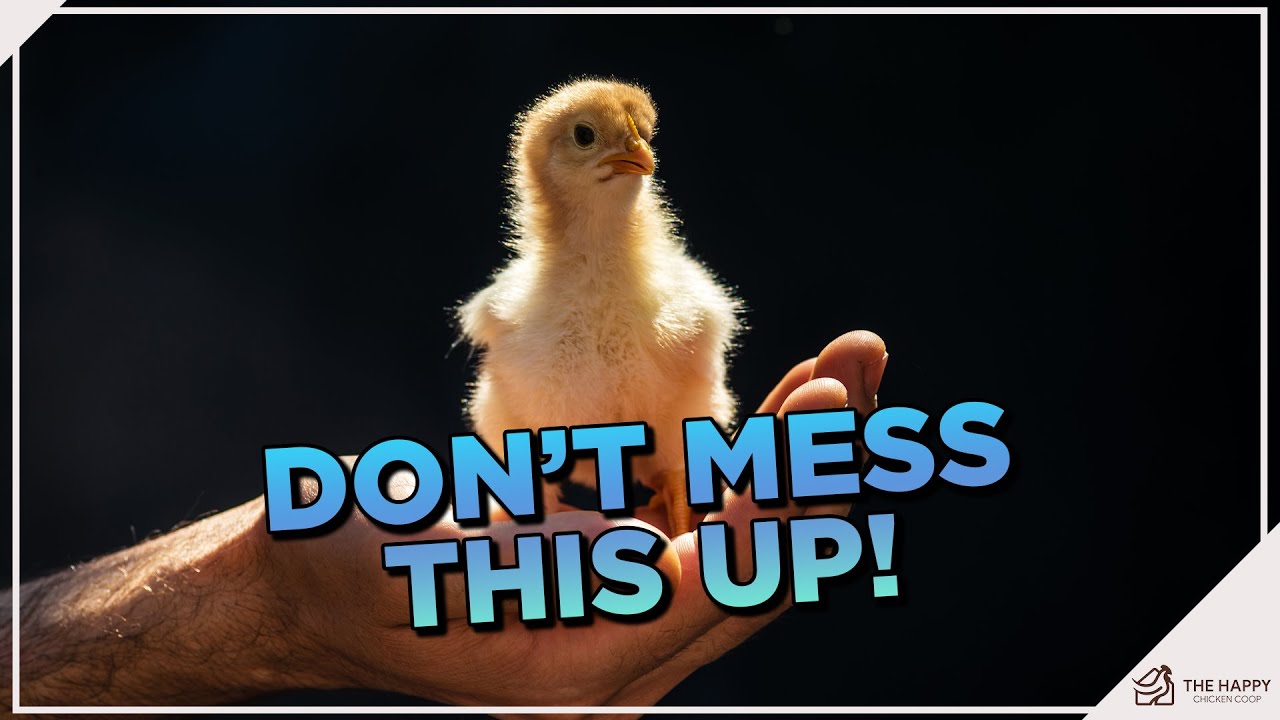Caring for baby chicks can be an exciting venture. Whether you’re a seasoned farmer or a first-time pet owner, understanding how to care for baby chicks is essential to their well-being. These little birds require a cozy, safe environment to grow healthy and strong. This guide will walk you through all the essentials, from choosing the right brooder to ensuring a hygienic living space. Let’s get started on this fluffy journey!
1. Creating the Perfect Home for Your Baby Chicks
Setting up a comfortable home is the first step in caring for your baby chicks properly. The place where they live, known as a brooder, needs to be safe and warm, giving them the ideal environment to thrive.
Choosing the Right Brooder
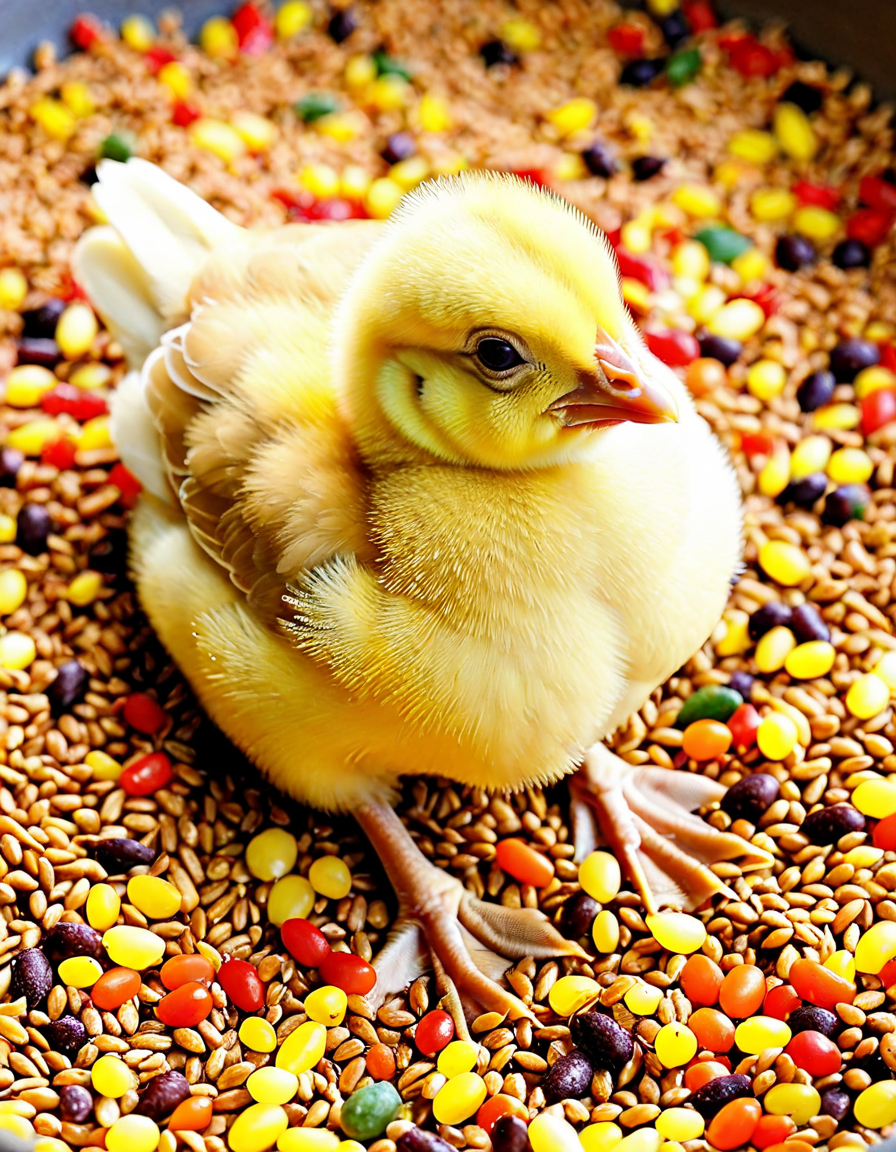
2. Essential Supplies: What You Need for Your Baby Chicks
Now that you’ve set up their living space, let’s talk about what you’ll need. Gathering the right supplies can make caring for your baby chicks easier and more efficient.
Key Supplies List:
3. Maintaining a Hygienic Environment
Keeping your baby chicks healthy means maintaining cleanliness in their habitat. Here’s how to set up and stick to a regular cleaning routine.
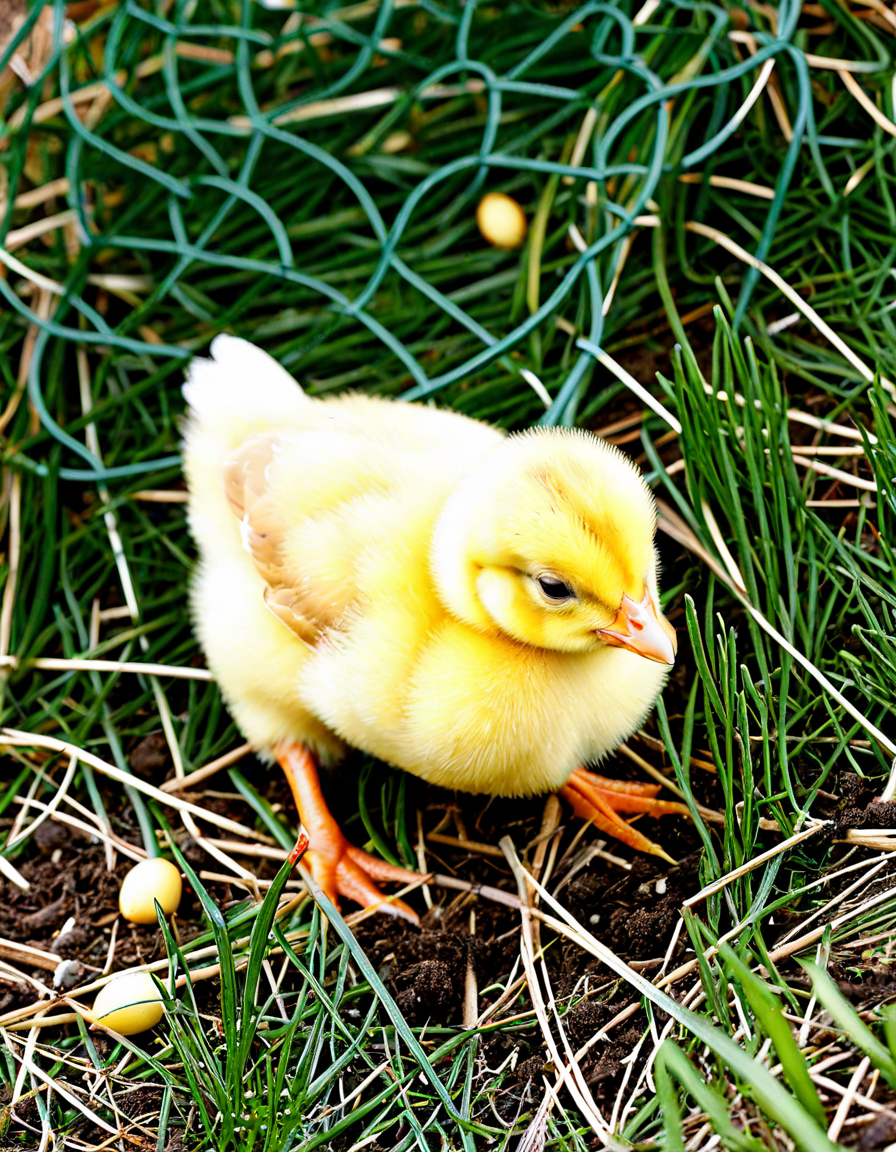
4. Feeding and Nutrition: Essential for Growth
Providing a balanced diet is crucial in how to care for baby chicks. Their growth and health depend largely on the food they consume.
Balanced Diet for Chicks
5. Socialization and Handling: Getting Your Chicks Accustomed to Humans
Handling your baby chicks regularly is key to ensuring they grow into friendly, well-adjusted birds. Here’s how you can help them get used to human interaction.
Tips for Socializing Chicks
6. Monitoring Health and Behavior
Keeping an eye on your chicks is part of knowing how to care for baby chicks. Being vigilant about their health can prevent bigger issues down the line.
Common Health Issues to Watch For
7. Creating the Right Environment for Growth
As your chicks mature, their needs will change. Make sure to adapt their environment to support their growth into healthy adults.
Gradual Changes
8. Preparing for Transition to the Coop
When your chicks reach around six weeks and have developed feathers, it’s time to prepare them for the great outdoors. This transition needs careful planning to keep them safe and healthy.
Steps for Coop Transition
9. How to Look After Yourself While Raising Baby Chicks
Caring for baby chicks can be demanding, and it’s easy to forget about your own needs in the process. Don’t neglect your well-being!
Self-Care Tips for Chick Caregivers
Raising baby chicks offers a delightful experience when done correctly. By creating a cozy and safe environment, providing quality nutrition, and practicing good socialization techniques, you’re laying the groundwork for a flourishing flock. Remember, taking care of yourself is equally essential—after all, a happy caregiver makes for happy chicks!
As you continue your journey in poultry care, don’t hesitate to dive into further resources, like learning how to calm a fearful German Shepherd during a thunderstorm or how to teach a puppy not to bite. It’s all part of the fun in caring for our beloved animals. So get ready to roll up your sleeves and enjoy the adventure of raising your little feathered friends!
How to Care for Baby Chicks
Caring for baby chicks can feel like a new adventure, kinda like mixing up your wardrobe with a trendy denim skirt—it’s stylish, fun, and definitely requires some thought! One of the first things you’ll need is a brooder, which is their cozy little home for the first few weeks. Keep it warm and well-ventilated, ideally around 90°F (32°C). Just like you wouldn’t want to go out in the cold without a jacket, your chicks really need that warmth to thrive. The temperature is crucial because baby chicks can’t regulate their body heat until they’re a bit older, so think of it as their snug blanket!
Next, you’ll want to think about their socialization. Did you know that chickens are social creatures? They thrive in groups, so having a good number of chicks is essential. A lonely chick can experience stress, which is tough for them. Much like when to begin training a puppy, the early days are vital for developing their personality. Also, make sure to provide plenty of fresh water—chicks can be messy drinkers! You wouldn’t want a soggy mess, right?
Now, let’s chat about their diet! Baby chicks require a special chick starter feed, rich in protein to support their growth. It’s not just about the food; keeping their feeding area clean is key to preventing illness. Plus, here’s a fun fact: Chickens have been known to enjoy a snack of barley—yes, that’s right! It’s a treat they can occasionally have once they’re older, similar to how you might enjoy a burger after indulging in can dogs eat hamburger research. Keeping their environment tidy is just as vital as tidying up after your pets, and both tasks can feel rewarding!
Lastly, consider their safety. Just like Rihanna at the Golden Globes looked fabulous but had multi-layered protection from the paparazzi, your chicks need a secure space from predators. Keeping them indoors or in a fortified pen outside minimizes risks. As their caretaker, think of yourself as their protector, ensuring they grow up in a safe and nurturing environment. So gear up for your fluffy feathered friends and enjoy the journey of learning how to care for baby chicks—it’s a rewarding experience!
